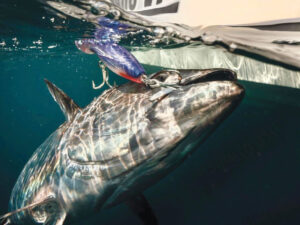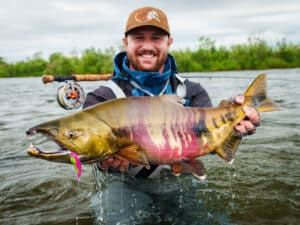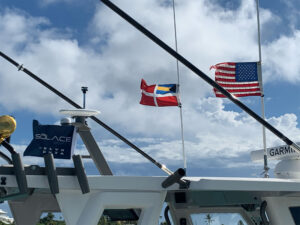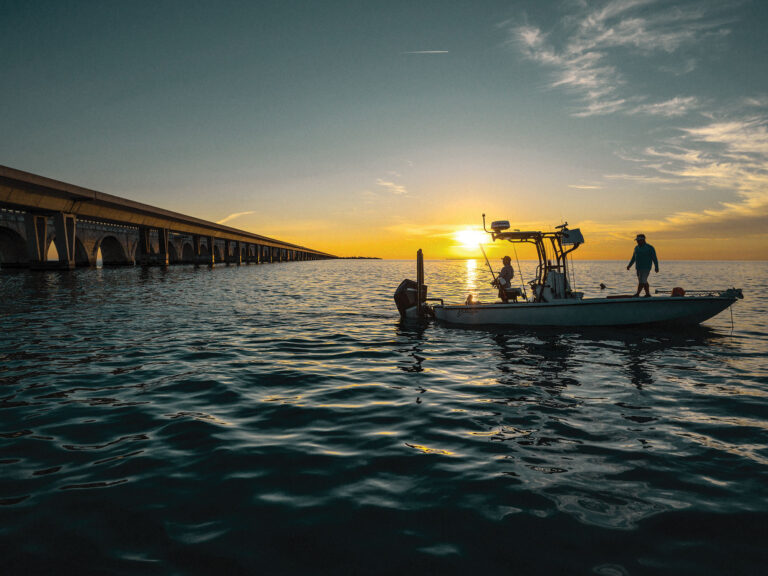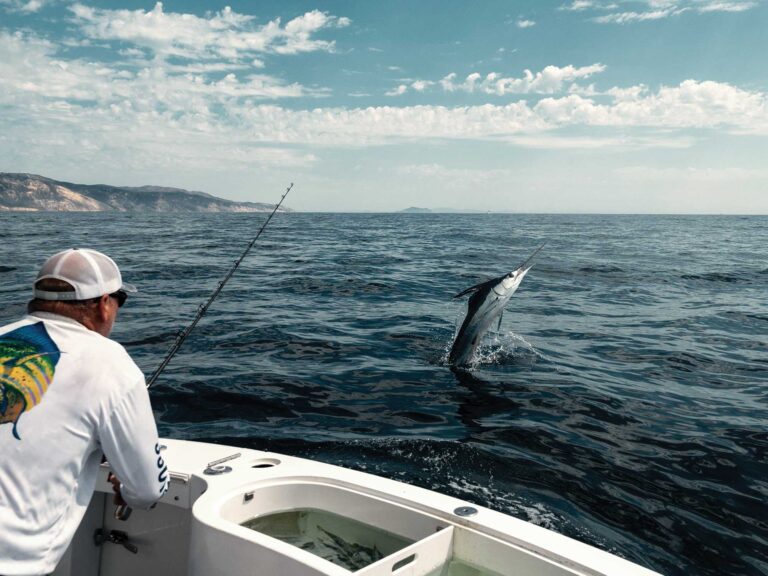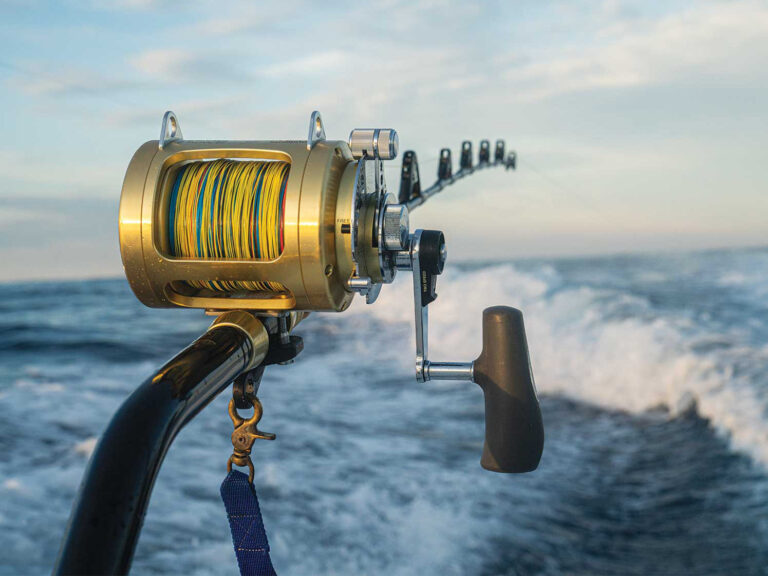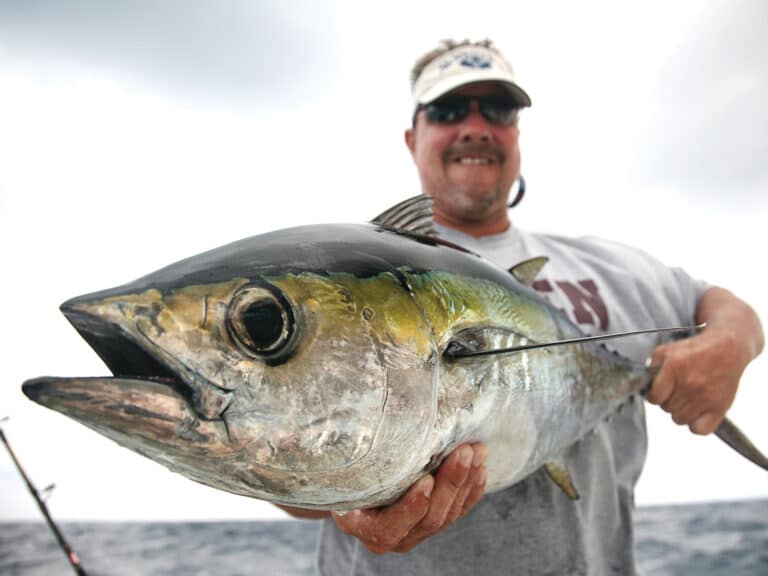The marsh islands have been disappearing at an alarming rate. According to the New York Times, from 1994 to 1999 it lost an average of 44 acres per year. Scientists estimate that if something is not done to correct the problem, the marsh will disappear completely in 20 years. However, no one is exactly sure what is causing the problem. Theories range from dense development along the bay to pollutants from sewage treatment plant wastewater. In fact, a plant on the north side of the bay ended up dumping 160 million gallons of raw sewage into the bay in the summer of 2001 in an attempt to correct a leaching problem. Deepwater areas dredged out for landfill, now accepting the sediment that has historically shored up the marsh, have also been attributed to the problem. Currently, the National Park Service only has $150,000 to study the issue. Experts say that’s not near enoughTo make matters worse, the Army Corps of Engineers has been considering these deep water dredge pits as possible dumping sites for New York Harbor dredge spoils, calling them ”dead zones.” These areas most certainly are not dead zones, and this would be a huge blow to the ecosystem. Fortunately, organizations like the New York chapter of the Coastal Conservation Association and the Natural Resource Protective Association are working to prevent this.Striped bass poaching is also a large problem in Jamaica Bay. There is a huge market in NYC for wild striped bass. Illegal fishermen trolling umbrella rigs on wire line can easily take 300 to 500 pounds a day and sell them directly to restaurants and local fish markets. For them it’s very lucrative, and law enforcement is almost non-existent because of lack of manpower and priority issues. It’s important to note here that commercial fishing for striped bass in NYC waters is prohibited because of PCB contamination. Through it all it amazes me the resilience of marine life in this area, especially considering the proximity to one of the most densely populated and developed areas in the world. And the good news is that while there are many problems, there is no question that things are still getting better. Every year, we see the fishing improving, and every year we reap the rewards in the form of bent rods and screaming reels. Groups like the NY / NJ Baykeepers have been instrumental in this recovery effort, and my hat goes off to them.
